detail profile arnaldo jabor
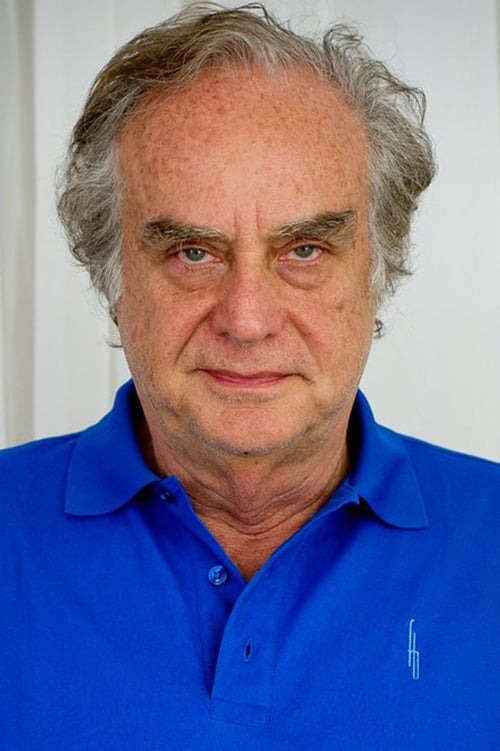
Riwayat Hidup
Arnaldo Jabor (Rio de Janeiro, December 12, 1940 – São Paulo, February 15, 2022) was a Brazilian filmmaker, screenwriter, film and TV director, film producer, playwright, critic, journalist and writer.
He is most famous in cinema for the making of "All nudity shall be punished" (1973), "I love you" (1981), and "Love me forever or never" (1986).
Info Pribadi
Peran Yang Di Mainkan Arnaldo Jabor
 Follows the story of Opinio a...
Follows the story of Opinio a...Memórias do Grupo Opinião 2019
Follows the story of Opinião, a theatre group created in 1964 during the early Brazilian dictatorship period to oppose the government through artistic performances. Considered the first left-wing response to the dictatorship, the group gathered now famous Brazilian artists such as Nara Leão, Maria Bethânia, João do Vale and Millôr Fernandes.
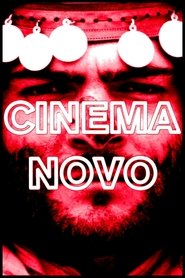 A deep investigation in the way...
A deep investigation in the way...Cinema Novo 2016
A deep investigation, in the way of a poetic essay, on one of the main Latin American movements in cinema, analyzed via the thoughts of its main authors, who invented, in the early 1960s, a new way of making movies in Brazil, with a political attitude, always near to people's problems, that combined art and revolution.
 Shortly after World War II the...
Shortly after World War II the...Extreme Happiness 2010
Shortly after World War II, the city of Rio de Janeiro experiments a period of great cultural, political and economic effervescence, when all the dreams – or nearly all – seem possible. In this exciting scenery of transformation, Paulo discovers love, friendship and sex through his childhood and adolescence in the 1950’s and 1960’s.
 The remarkable story of Brazilian racing...
The remarkable story of Brazilian racing...Senna 2010
The remarkable story of Brazilian racing driver Ayrton Senna, charting his physical and spiritual achievements on the track and off, his quest for perfection, and the mythical status he has since attained, is the subject of Senna, a documentary feature that spans the racing legend's years as an F1 driver, from his opening season in 1984 to his untimely death a decade later.
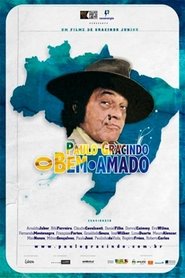 The life of a famous Brazilian...
The life of a famous Brazilian...Paulo Gracindo - O Bem Amado 2009
The life of a famous Brazilian film and television actor, including testimonials from people who knew him and worked with him, as well as excerpts from films and videos in which he acted.
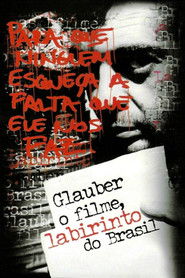 Documentary about Brazilian filmmaker Glauber Rocha...
Documentary about Brazilian filmmaker Glauber Rocha...Glauber Rocha - The Movie, Brazil's Labyrinth 2003
Documentary about Brazilian filmmaker Glauber Rocha, one of the most important names in the Cinema Novo, with interviews with some of his friends and colleagues.
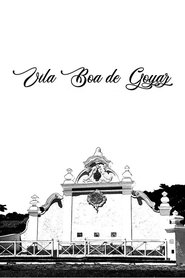 Oral memory artists from the region...
Oral memory artists from the region...Vila Boa de Goyaz 1974
Oral memory, artists from the region and expressions of popular culture tell stories about Vila Boa, in Goiás, and its transformations over time.
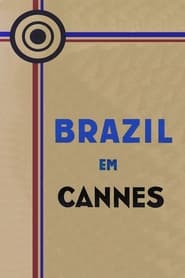 The importance of the Cannes Film...
The importance of the Cannes Film...Brazil in Cannes 1971
The importance of the Cannes Film Festival in world terms and what it represented for Brazil in 1971. For Brazilian cinema, Cannes 71 represented the transition from film to industrialized production. It is the meeting of producers, technicians, critics , celebrities in general, offering opportunities for greater knowledge and renewal of values
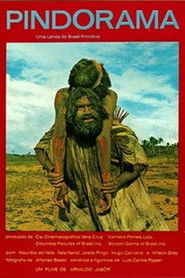 This Brazilian film is set during...
This Brazilian film is set during...Pindorama 1970
This Brazilian film is set during the period of its initial colonial discovery and settlement. The title refers to a word the native peoples used for the coastal lands: "pindorama," or "place of the small trees." A ponderous and grandiose film, it was roundly booed when it was aired at the 1971 Cannes Film Festival.
 Chronicles the life of a 17 yearold...
Chronicles the life of a 17 yearold...The Girl from Ipanema 1967
Chronicles the life of a 17 year-old girl living in the upper-class Rio de Janeiro neighbourhood of Ipanema. Márcia lives a life of parties and spend her days among bohemians, musicians and intellectuals. While seeming happy in the outside, she's extremely anguished inside. Based on the famous song by Antonio Carlos Jobim and Vinicius de Moraes.
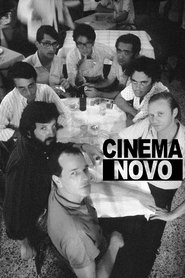 Originally produced for German TV Improvised...
Originally produced for German TV Improvised...Improvised and Purposeful: Cinema Novo 1967
Originally produced for German TV, Improvised and Purposeful is a firsthand look at the "Cinema Novo" movement (otherwise known as the 'Brazilian New Wave'). Director Joaquim Pedro de Andrade focuses on six Cinema Novo filmmakers working in Rio in 1967.
 In search of a better life...
In search of a better life...The Big City 1966
In search of a better life, Luzia leaves the Northeast of Brazil and goes to Rio de Janeiro, looking for her fiance who went first to pave their way. Alone in the Marvelous City, she is forced to accept the friendship and protection of Calunga and, later, the company of Inácio.
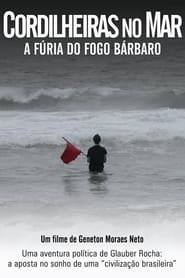
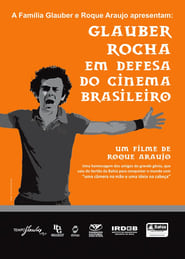
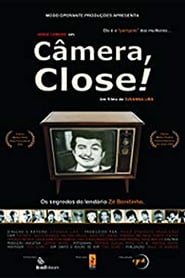
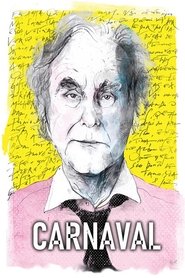
 Young and recently separated couple meet...
Young and recently separated couple meet... After the collapse of their relationships...
After the collapse of their relationships...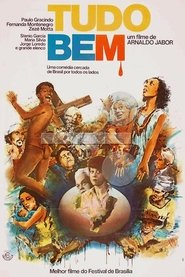 Middleclass family reform their apartment and...
Middleclass family reform their apartment and...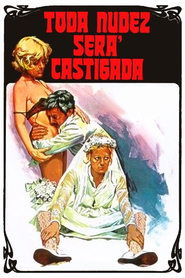 A rich spoiled young man encounters...
A rich spoiled young man encounters...